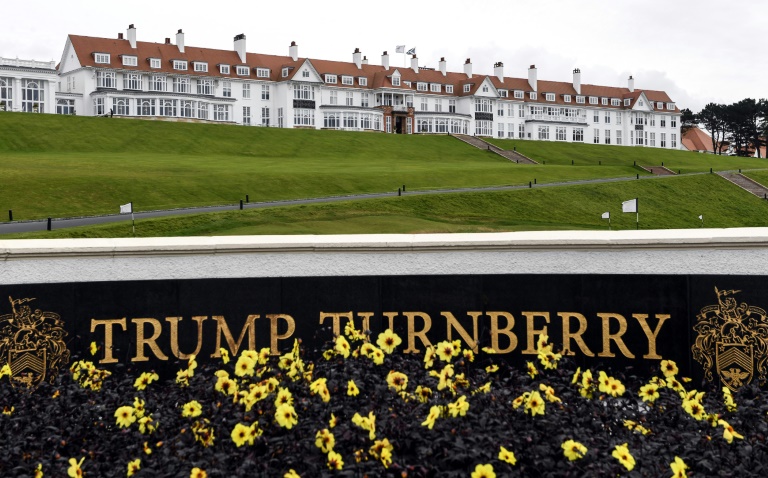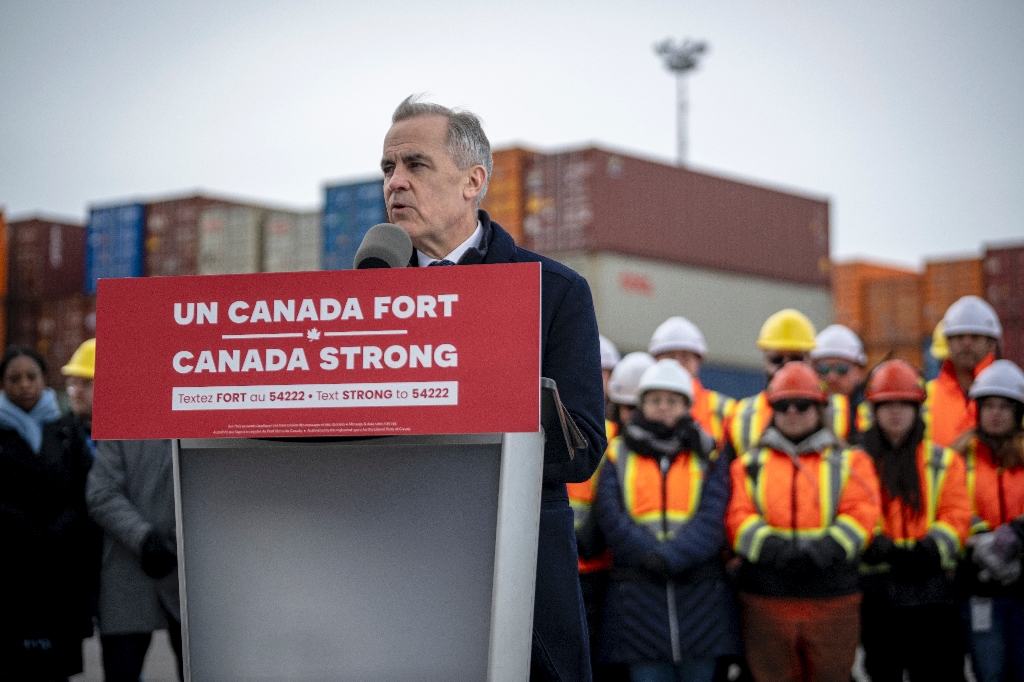Caracas (AFP) – Venezuela’s regime upped the ante Monday as it defended itself against claims of election rigging, alleging it was the target of an attempted “coup” and linking the opposition leader to a bid to “adulterate” the results. Strongman Nicolas Maduro, declared the winner of Sunday’s vote by the loyalist CNE electoral council, charged at a press conference that “they are trying to impose in Venezuela a coup d’etat” of a “fascist and counter-revolutionary” nature.
Minutes earlier, Attorney General Tarek William Saab linked opposition leader Maria Corina Machado to an alleged hacking “attack” to “adulterate” the results. An air of dejection hung over parts of Caracas in the election aftermath as voters, the opposition, and the international community questioned 61-year-old Maduro’s disputed re-election to a third six-year term. The elections were held Sunday amid widespread fears of fraud and a campaign tainted by accusations of political intimidation.
Pollsters had predicted a resounding victory for the opposition despite institutions loyal to the regime barring wildly popular Machado from running. The CNE electoral council, largely loyal to Maduro, on Monday officially declared him president-elect for the period 2025-2031. On Sunday, it said he had won 51.2 percent of votes cast compared to 44.2 percent for Machado’s proxy, Edmundo Gonzalez Urrutia. The opposition cried foul, saying it had taken at least two-thirds of the vote.
“They stole the election,” voter Angelika Daron, 46, told AFP, crying on a sidewalk on the morning after the vote. Car guard Giovanni Inglese, 65, said he was convinced the outcome had been “manipulated.” “Depressed. Disappointed. Humiliated,” he told AFP of his state of mind, his shoulders slumped. “Humiliated…because the crook is the one who wins in this country.” In some neighborhoods of the capital, residents were heard banging pots and pans in protest. The result sparked concern over irregularities from the United Nations, United States, European Union, and several countries in Latin America.
Gonzalez Urrutia, a 74-year-old former diplomat, vowed late Sunday that “we will not rest until the will of the Venezuelan people is reflected.” Machado, for her part, said the election was “another fraud,” and despite the official result: “Venezuela has a new president-elect and it is Edmundo Gonzalez Urrutia.” Nine Latin American countries called in a joint statement Monday for a “complete review of the results with the presence of independent electoral observers.”
The US-based Carter Center, one of the few organizations allowed to bring observers into Venezuela, called on the CNE to immediately publish polling station-level results. Brazil and Colombia also urged a review of the numbers while Chile’s president said the outcome was “hard to believe.” Peru recalled its ambassador and Panama said it was suspending relations with Caracas. US Secretary of State Antony Blinken expressed “serious concerns,” while European Union foreign policy chief Josep Borrell and UN Secretary-General Antonio Guterres separately urged “transparency.” Maduro, meanwhile, received congratulations from allies China, Russia, Cuba, Nicaragua, Honduras, and Bolivia, and Mexico said it would recognize the result.
Independent polls had predicted Sunday’s vote would end 25 years of “Chavismo,” the populist movement founded by Maduro’s socialist predecessor and mentor, the late Hugo Chavez. Since 2013, Maduro has been at the helm of the once-wealthy petro-state, where GDP dropped by 80 percent in a decade, pushing more than seven million of its 30 million citizens to emigrate. He is accused of locking up critics and harassing the opposition in a climate of rising authoritarianism. In the run-up to the election, he warned of a “bloodbath” if he lost.
Ballots were cast on machines that sent electronic votes directly to a centralized CNE database. The machines print out paper receipts, placed in a container and counted by hand, as a backup meant to be open to public scrutiny. The opposition had deployed about 90,000 volunteer election monitors to polling stations nationwide.
Sunday’s election was the product of a mediated deal reached last year between the government and opposition. That agreement led the United States to temporarily ease sanctions imposed after Maduro’s 2018 re-election, rejected as a sham by dozens of Western and Latin American countries. Sanctions were snapped back after Maduro reneged on agreed conditions. Washington seeks a return to stability in Venezuela, which boasts the world’s largest oil reserves but severely diminished production capacity. Economic misery in the South American nation has been a major source of migration pressure on the US southern border. Most Venezuelans live on just a few dollars a month and endure biting shortages of electricity and fuel.
© 2024 AFP




